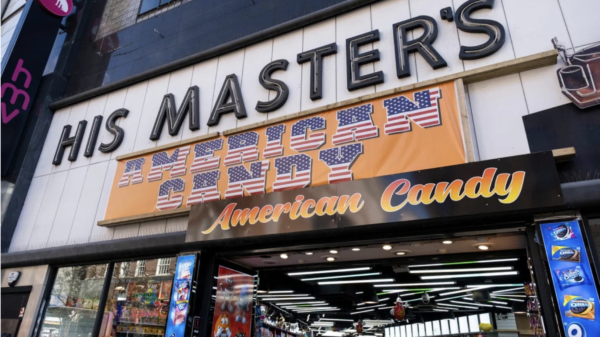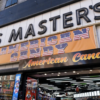While commemorating the centenary of World War One, we must be on guard against those who wish to rewrite history.
Like most people with any semblance of rational thought, I idolise the great luminary of our age: Stephen Fry. Imagine my disappointment, therefore, to discover in a clip from QIÂ this appalling quote from Mr Fry on the subject of Britain defeating Germany in World War One: “We pretty much spanked their botties.”
Handling it with considerably more sangfroid than I could possibly have mustered, David Mitchell simply replied: “After only four years of carnage.”
The centenary of the great war this year will almost certainly be accompanied by an ever increasing chorus of this sort of self-applauding nonsense. We have already had the Prime Minister denigrate this solemn occasion by comparing it to the Jubilee and Royal wedding. Jeremy Paxman, never afraid to call out a politician, responded by giving the Prime Minister a sound (if, unfortunately, metaphorical) rap on the knuckles, and rightly so. This plauditory reaction to one of the bloodiest conflicts in global history is absurd.
As the last few people to have lived through those dark days die, it has become progressively easier to resell the First World War as a great victory against those precocious and uppity Germans. Michael Gove claimed in an article in the Daily Mail earlier this month that World War One was “a just warâ€, while Boris Johnson argued that the war was “overwhelmingly the result of German expansionism and aggression“.
This type of thinking ignores Britain’s own aggressive imperial expansionism in Africa and the colonial rivalries that brought war to Europe. Censuring Germany’s desire to expand its territory in this way seems to be an attempt to exculpate our own ancestors of the self-aggrandising impulse that gave birth to colonial competition and arms races, and built up tensions between the European powers.
The “myths” propagated by the “left-wing academics” whom Gove blames for misinterpreting the war have more reality about them than it is comfortable for us to admit. The Versailles treaty attempted to cleanse the French and British of responsibility for the Great War, but blaming only the Germans, when the first declaration of war was by Austria-Hungary, is simply ridiculous. More importantly, the European alliance system that allowed a relatively minor issue in Serbia to escalate with such terrible consequences was the fault of all the great powers.
The suggestion that we won the First World War is equally ludicrous, and a claim that is meaningless in the broader context of history. We may have avoided the looming spectre of a Europe dominated by Germany, but this was accompanied by a decline in British influence and ended up leaving Europe even more unstable than it had been before the first man died on the Western Front. To claim that we won a war because we lost less than our enemy is just pathetic.
This year should be about commemorating the individual sacrifice and heroism of hundreds of thousands of our soldiers. It is also a chance to celebrate the achievements of the women who were essential to the war effort. Often overlooked, their contribution was essential to the war effort and helped to change attitudes about what women are able to achieve.
But to take pride in the hollow victory of World War One is akin to declaring ourselves king of the ashes, born only out of a shallow martial patriotism that insults the memory of the brave men who gave their lives.
Although the survivors of the Great War are now few in number, the literature and poetry their generation produced must be used to inform our perceptions of history and to gain a richer insight into those horrific events. Perhaps the next time Mr Gove feels the urge to tell our schoolchildren to take pride in our victory in the war, he should take heed of these words from the great poet Wilfred Owen:
“If in some smothering dreams you too could pace
Behind the wagon that we flung him in,
And watch the white eyes writhing in his face,
His hanging face, like a devil’s sick of sin;
If you could hear, at every jolt, the blood
Come gargling from the froth-corrupted lungs,
Obscene as cancer, bitter as the cud
Of vile, incurable sores on innocent tongues,
My friend, you would not tell with such high zest
To children ardent for some desperate glory,
The old Lie; Dulce et Decorum est
Pro patria mori.”
(It is sweet and proper to die for the fatherland)


















